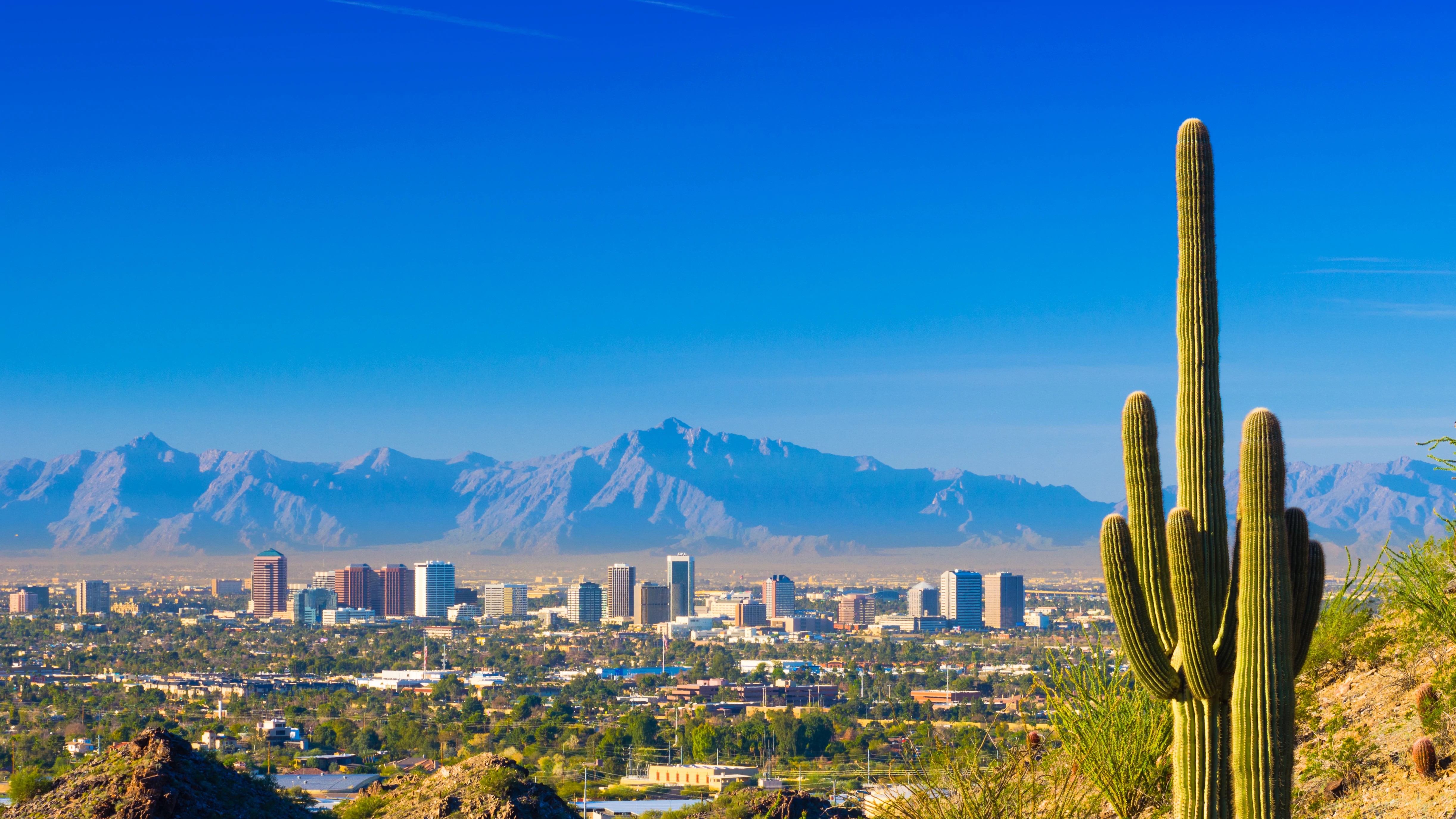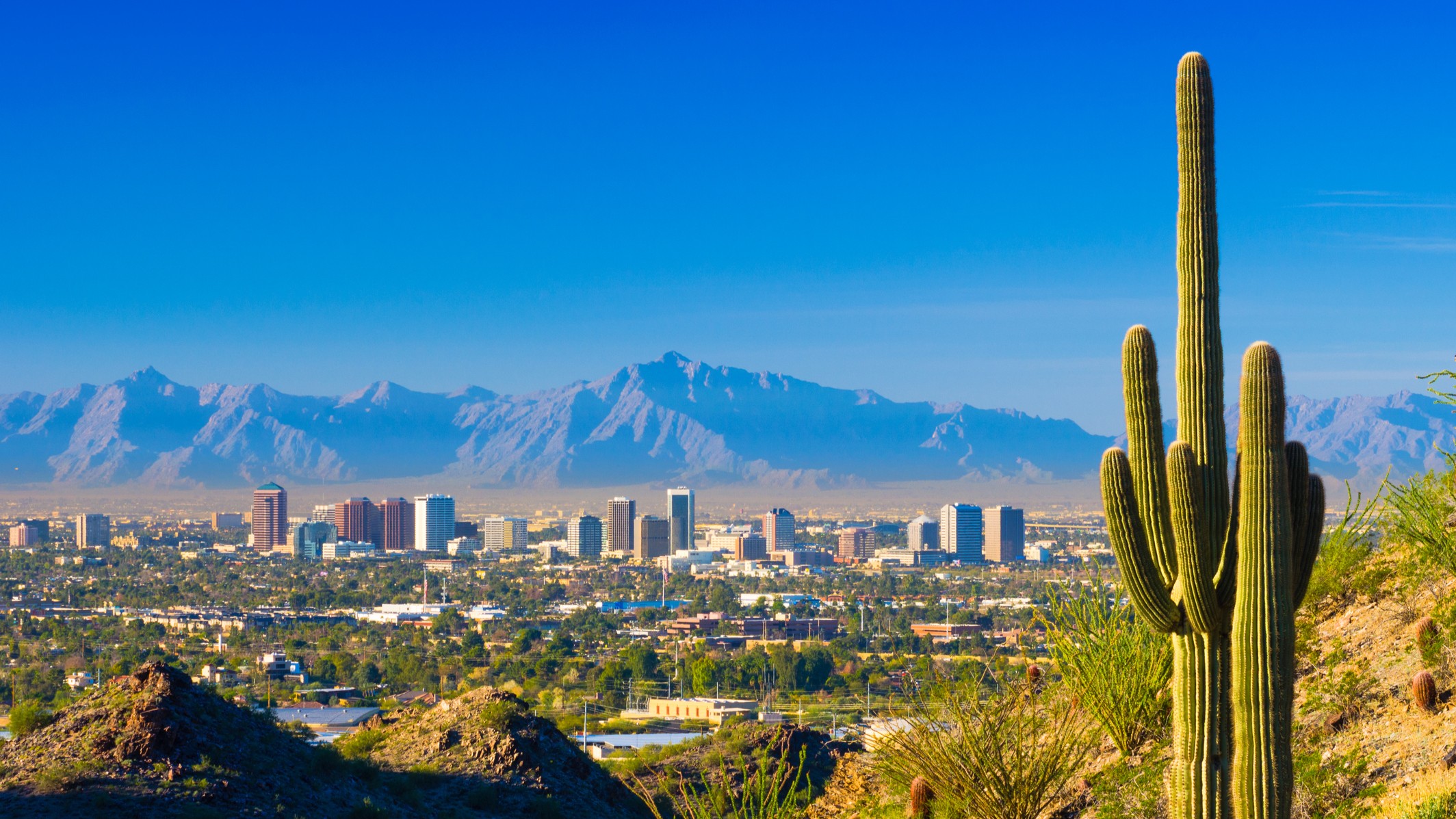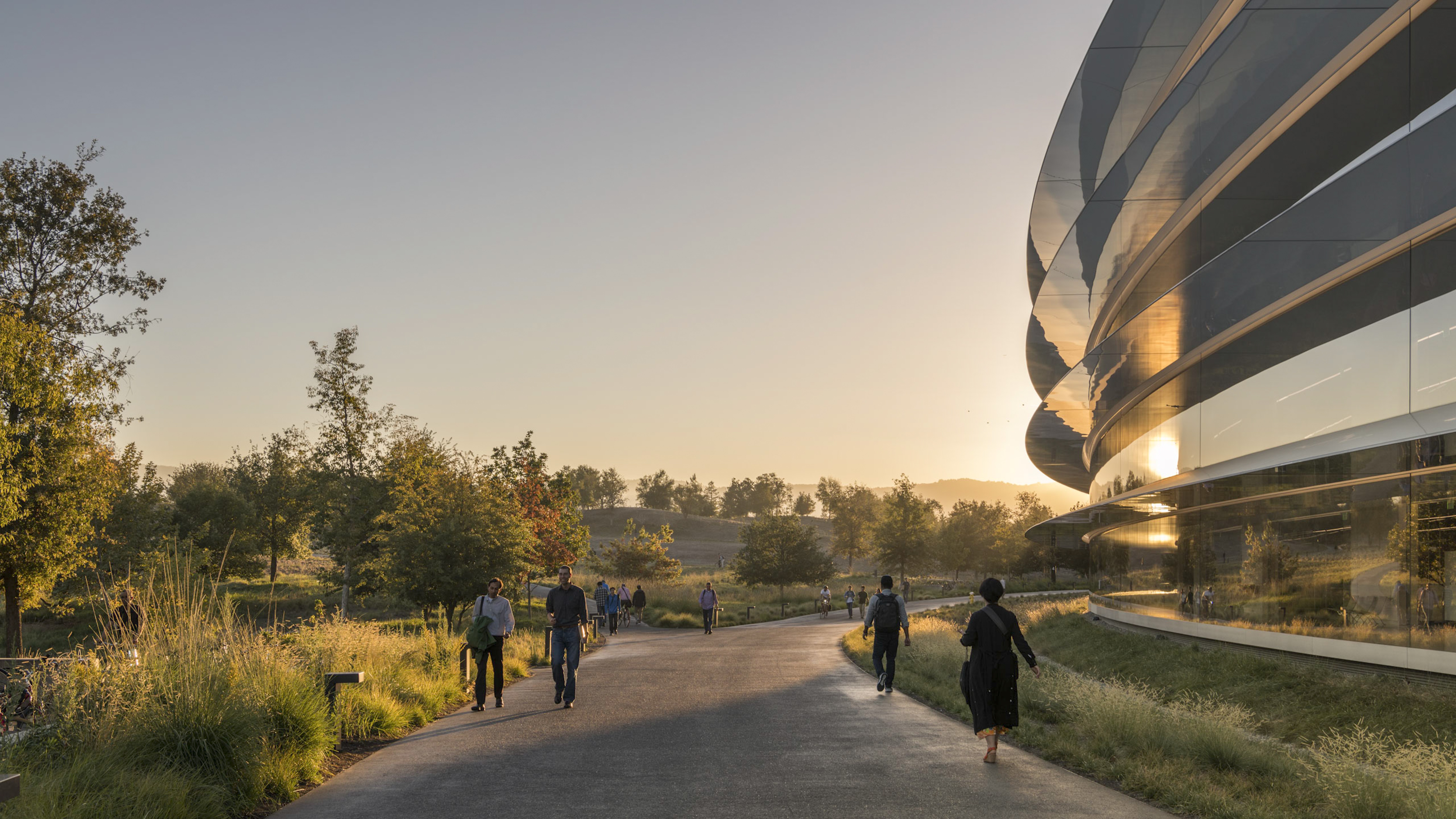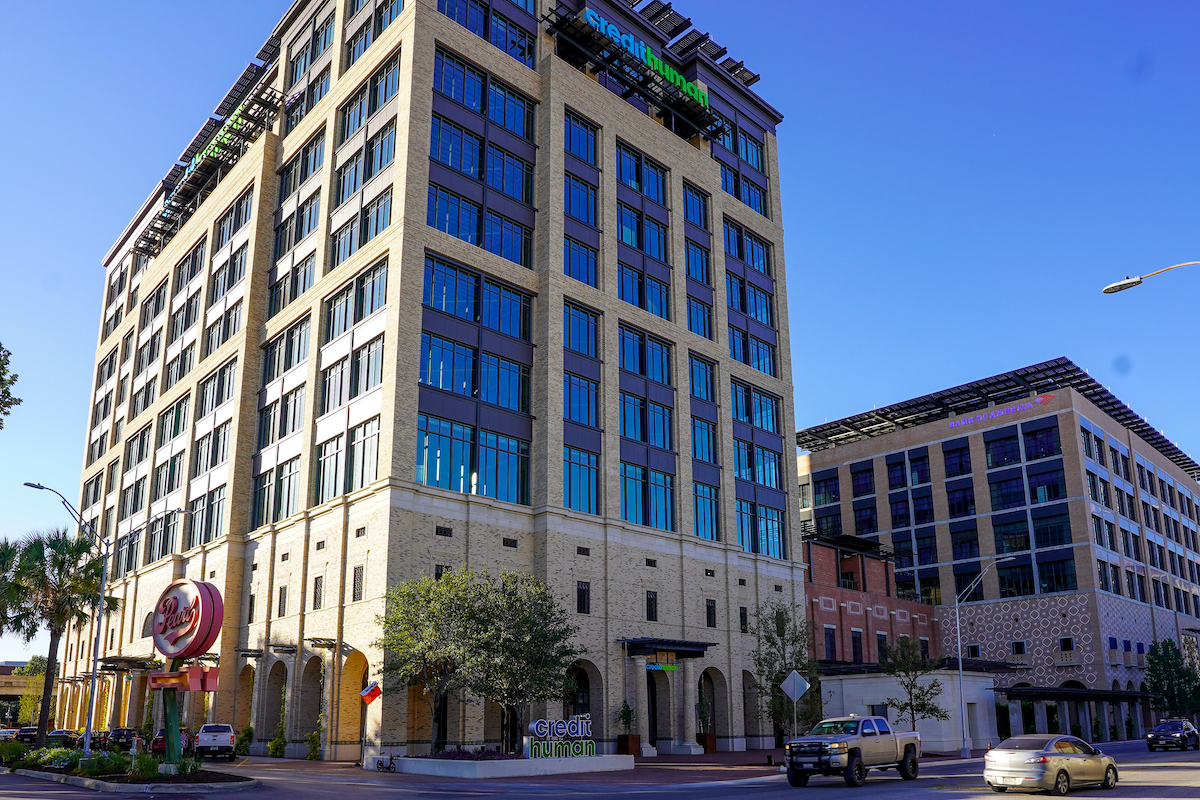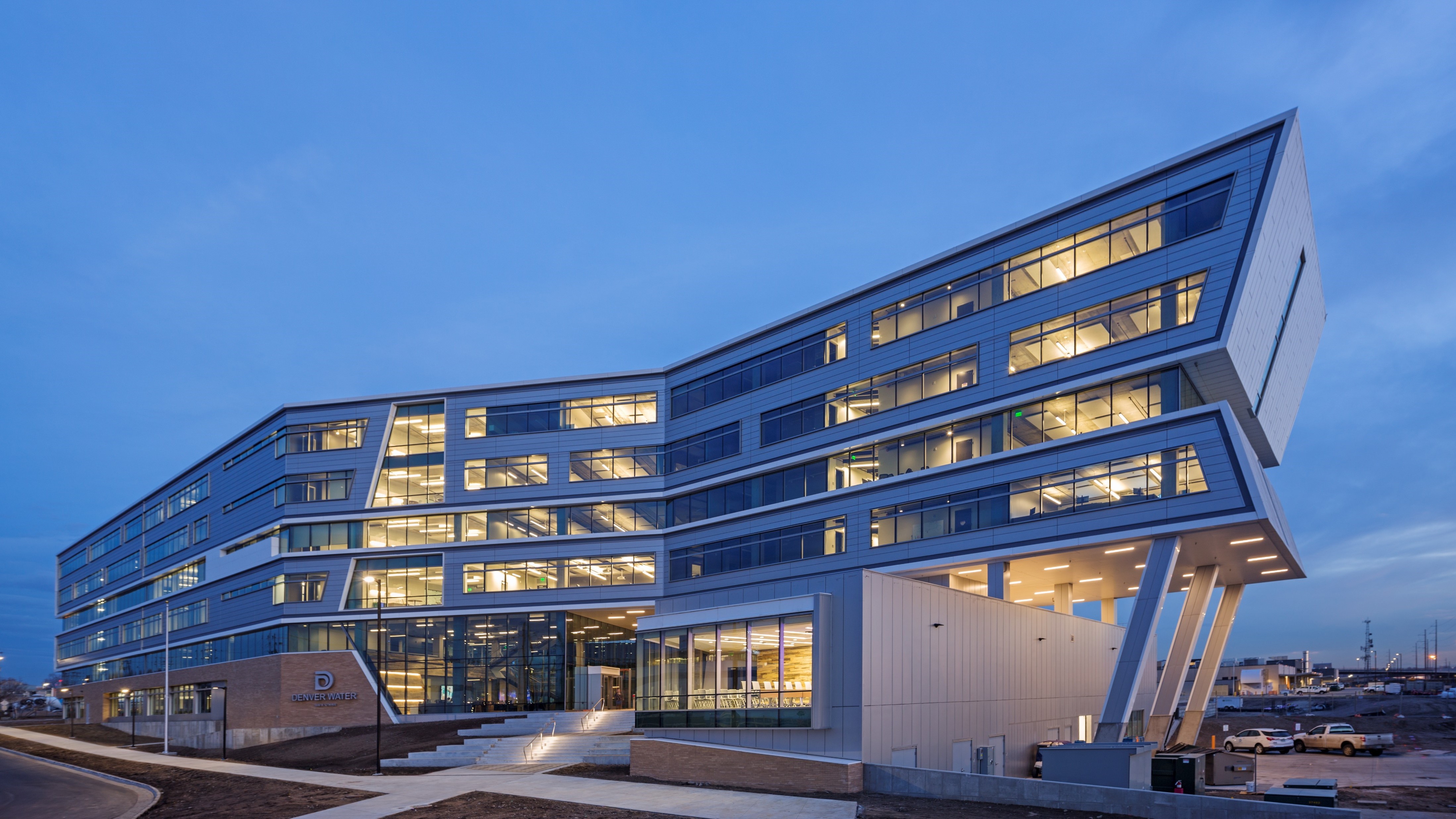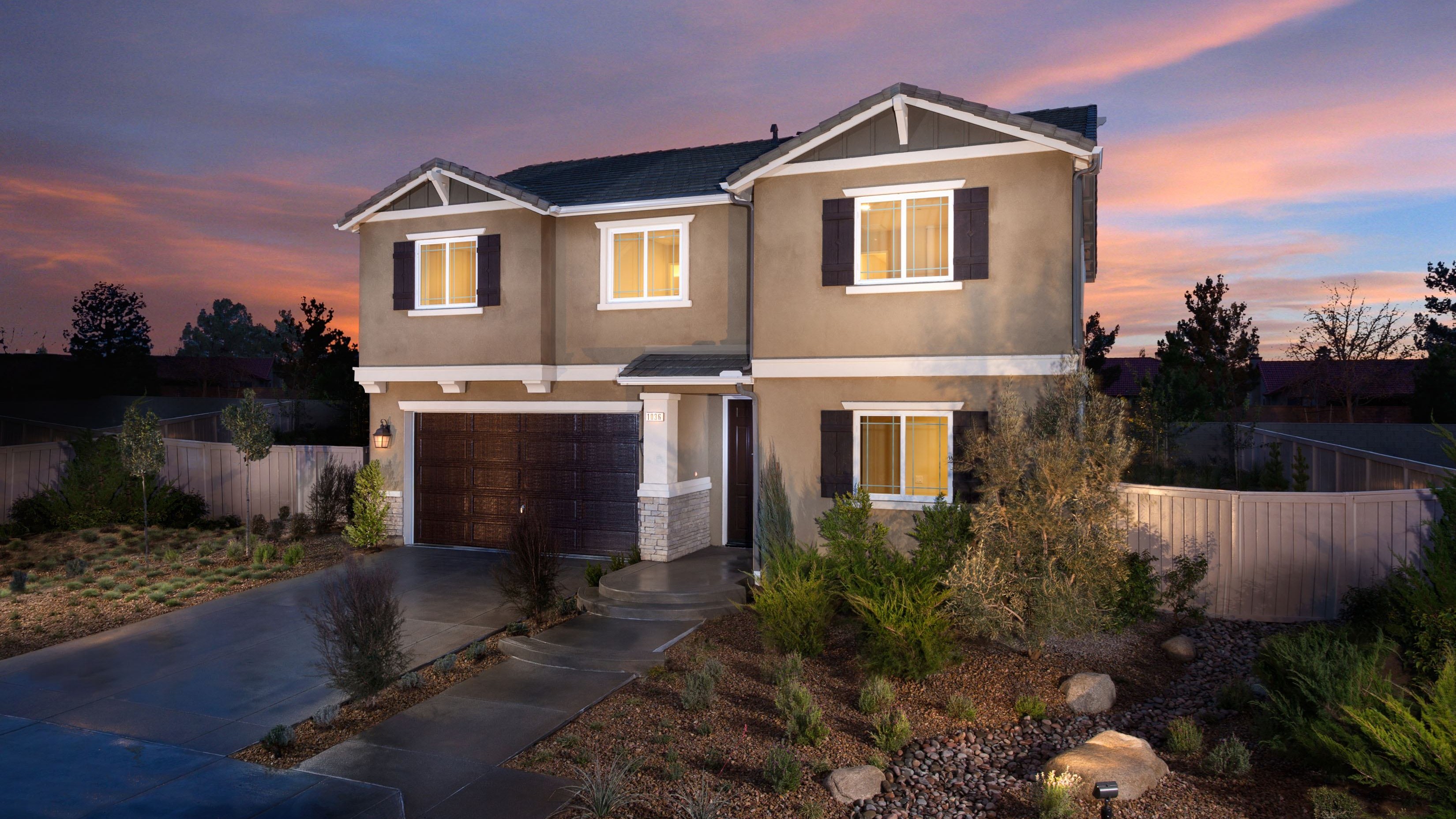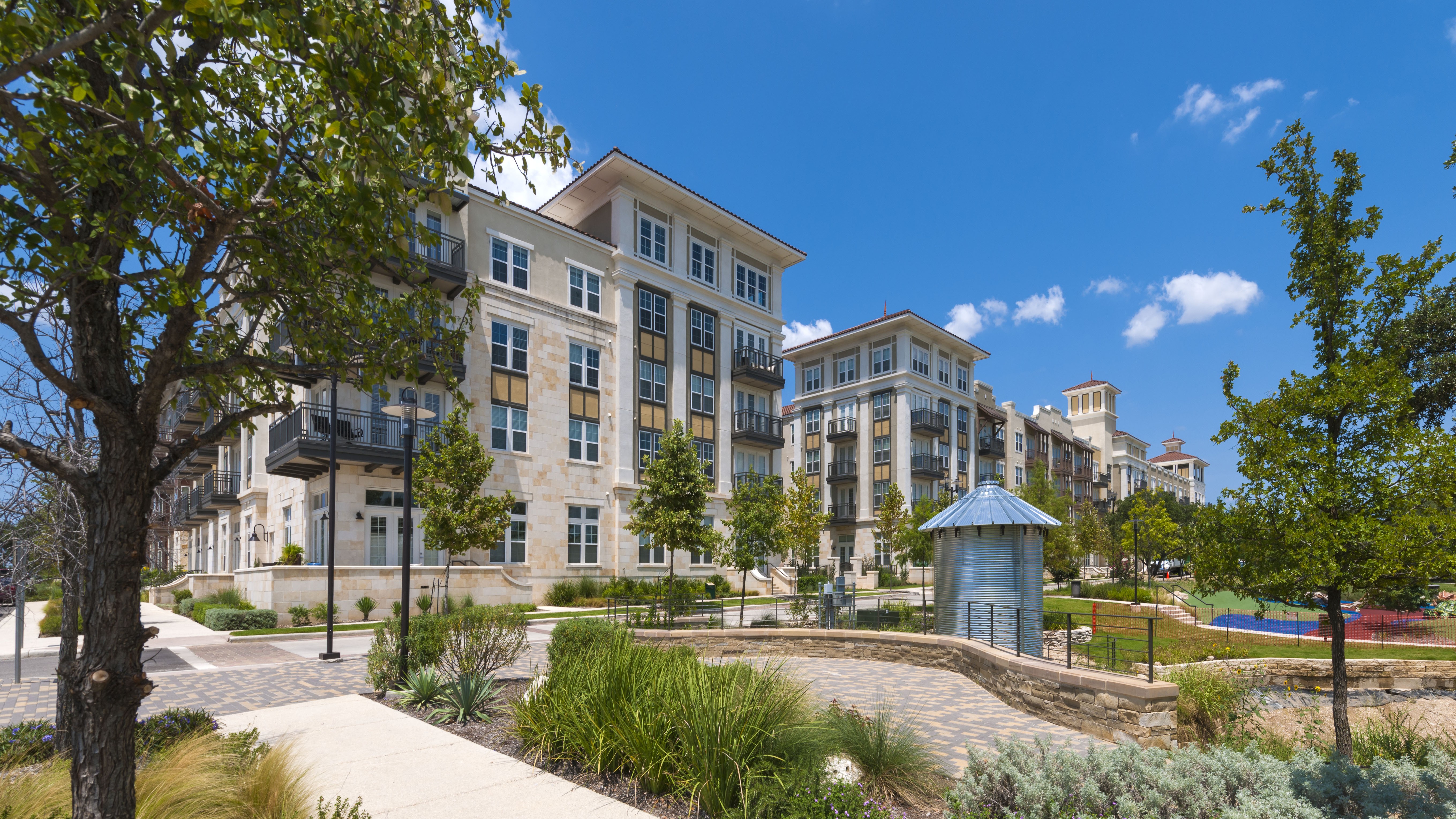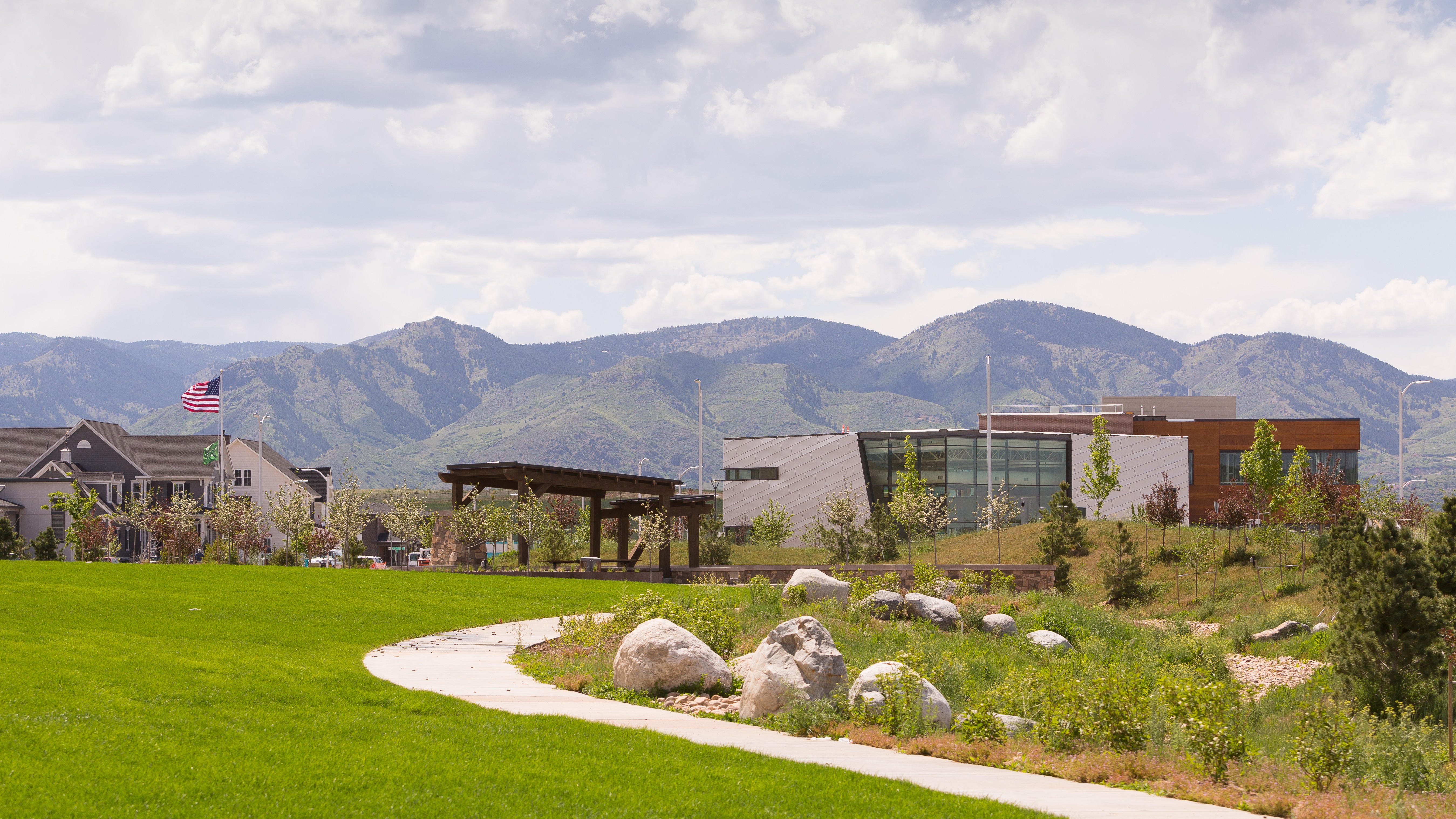- English
- 中文 (Chinese)
- Français (French)
- Deutsch (German)
- 日本語 (Japanese)
- Español (Spanish)
Water Wise Resources

Resources from ULI's Water Wise Initiative
Unprecedented levels of freshwater scarcity are challenging the future of development and growth. However, real estate and land use professionals are already leading the way with innovative solutions.
ULI's Water Wise Initiative provides resources to help advance water-smart real estate, built environments, and supportive policies.
To learn more about ULI's Water Wise Initiative, visit the Urban Resilience Program's Drought Resilience webpage and the Water Wise Development Coalition webpage.
Urban Land Magazine Articles
- Water Wise: Strategies for Drought-Resilient Development
-
How Las Vegas is Tackling Water Challenges: Insights from the 2024 Lewis Center Sustainability Forum
-
Water: Too Much and Too Little—Strategies for Climate-Resilient Built Environments
-
The Worth of Water: Becoming Water Wise in an Era of Scarcity
Driven by a commitment to environmental stewardship, Apple has become a leader in sustainable business practices throughout its global operations. The company has already achieved carbon neutrality for its corporate emissions and plans to bring its entire footprint, including all its supply chains, to net zero energy by 2030. The company focuses its environmental strategy on three core areas: climate change, smarter chemistry, and resources, which prioritizes renewable materials, zero waste, and water stewardship.
The sixth coalition meeting featured presentations of Water Conservation and Housing Affordability from Wharton School at the University of Pennsylvania, WaterNow Alliance, and the City of Buena Vista, Colorado.
The seventh coalition meeting featured an overview presentation of water-neutral development and resources, and three Water-neutral development case studies.
The ninth coalition meeting featured presentations on Water Reuse by the Pacific Institute, Carollo Engineers, Worthen Foundation, and Denver Water.



